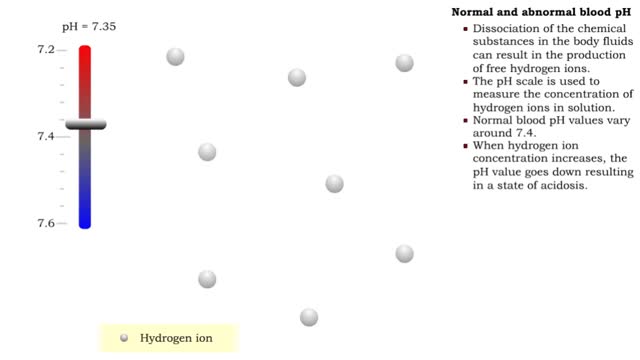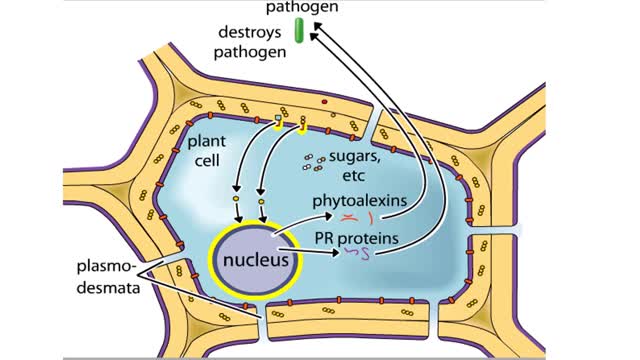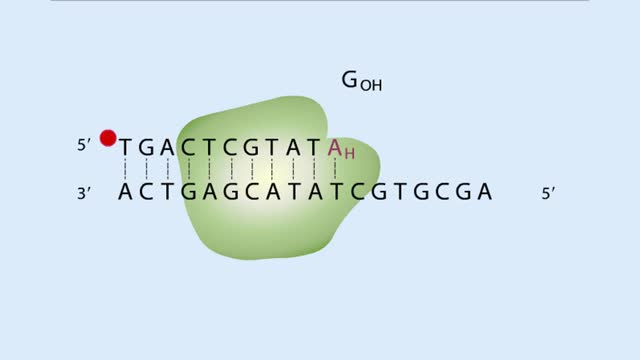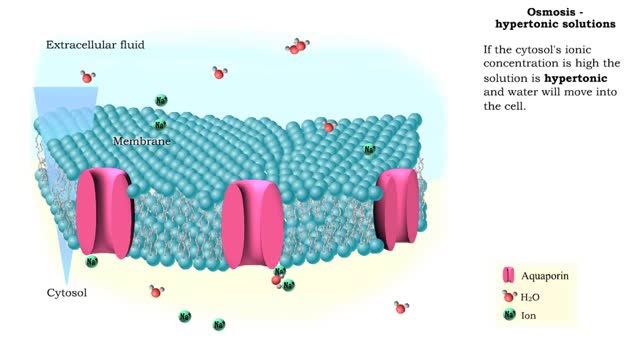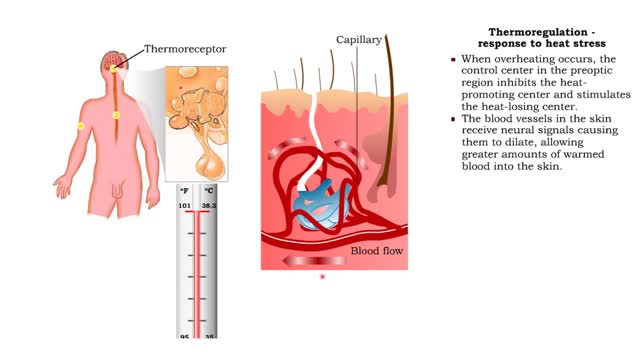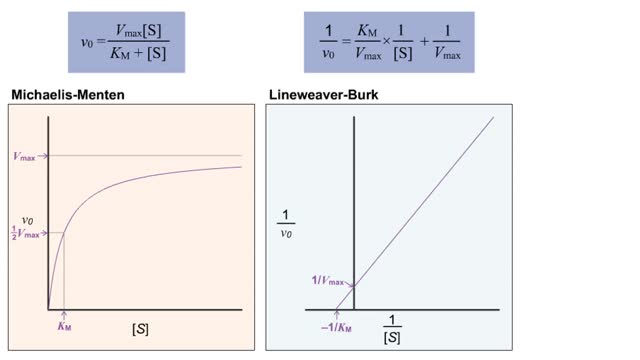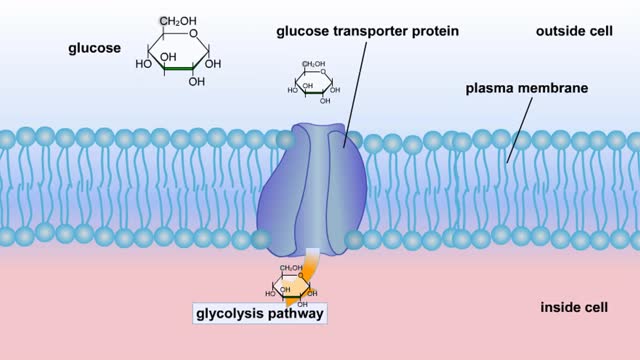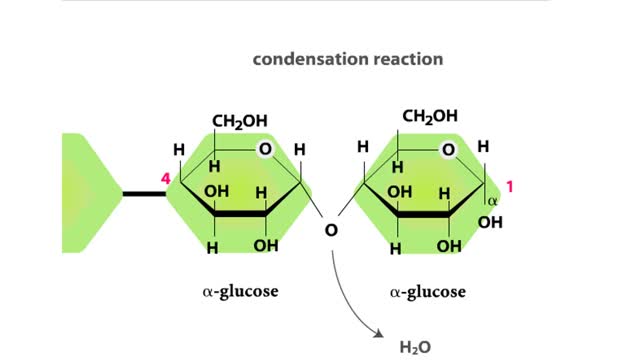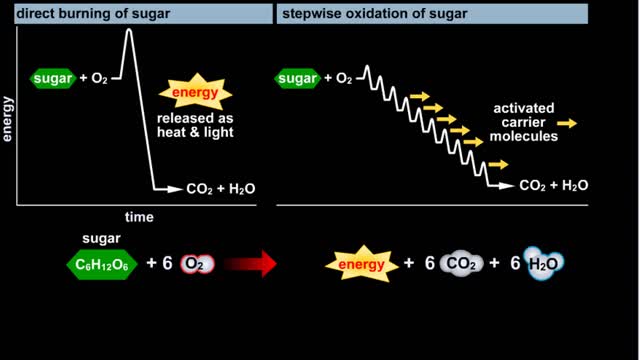Search Results
Results for: 'catalyze reactions'
By: HWC, Views: 10806
• Dissociation of the chemical substances in the body fluids can result in the production of free hydrogen ions. • The pH scale is used to measure the concentration of hydrogen ions in solution. • Normal blood pH values vary around 7.4. • When hydrogen ion concentration increases, t...
Plant Defense Mechanisms from Pathogens
By: HWC, Views: 10136
Plants and pathogens have coevolved such that pathogens can recognize plants by the sugars, or other molecules, they produce. Plants, in turn, can recognize pathogens by the molecules they produce. The ability to recognize pathogens allows plants to activate defense systems that can prevent wides...
DNA Sequences - Dideoxy Sequencing
By: HWC, Views: 10081
A short, radiolabeled primer is annealed to the single-stranded DNA to be sequenced. The DNA serves as a template for in vitro DNA synthesis. The DNA-primer mixture is split into four separate tubes. DNA polymerase and a solution of dNTPs are added to each tube. One of the four 2',3' dideoxy-N...
Osmosis - Isotonic, Hypotonic, and Hypertonic Solutions
By: HWC, Views: 10820
Isotonic: Equal Water moves in and out of the cell at an equal rate. The cell remains unchanged. Hypotonic: "hypo" hippo Water moves into the cell, making it swell and get fat (like a hippo). Eventually the cell can rupture and burst (aka lyse). Hypertonic: "like a raisin" Water leaves...
Metabolic Rate, Heat and Thermoregulation - response to heat and cold stresses
By: HWC, Views: 10939
• A neuron group in the anterior portion of the hypothalamus controls heat balance. • Neurons in the preoptic region of the hypothalamus integrate signals that come from thermoreceptors. • The temperature control center in the preoptic region propagates control signals to two other part...
Virtual Enzyme Kinetics & Lineweaver Burk Plot
By: HWC, Views: 10296
• The double-reciprocal (also known as the Lineweaver-Burk) plot is created by plotting the inverse initial velocity (1/V0) as a function of the inverse of the substrate concentration (1/[S]). • This plot is a useful way to determined different inhibitors such as competitive, uncompetitive...
Cellular Respiration & Glucose Mobilization (Glucose transport & Phosphorylation of Glucose)
By: HWC, Views: 10495
Glucose is completely broken down into CO2 and H2O during the process of cellular respiration, which includes 3 stages: 1) glycolysis; 2) the Krebs Cycle; and 3) the electron transport chain. Glucose enters this energy yielding pathway of cellular respiration in the first stage known as...
Major Elements in Biological Molecules: Carbohydrates
By: HWC, Views: 10273
Carbohydrates include simple sugars (monosaccharides) as well as large polymers (polysaccharides). Glucose is a hexose, a sugar composed of six carbon atoms, usually found in ring form. A starch macromolecule is a polysaccharide composed of thousands of glucose units. Glucose molecules can be ...
Glycolysis - Introduction to ATP and the burning of sugar
By: HWC, Views: 10952
Do you use sugar with your coffee or tea? Or do you occasionally drink a sport or soft drink? As millions of people do each day, they obtain energy from the sugar added or contained in these drinks. How can we understand this concept of energy within a sugar molecule? Let's take a tablespoon ...
Advertisement



